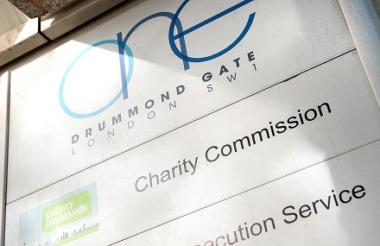The Charity Commission has created an action plan explaining what it is doing to rebuild trust and confidence, and has told charities that they need to be clear about their impact.
The Commission’s own research in June showed a significant decrease in the public’s trust and confidence in charities, indicating that the sector is now less trusted than the ordinary man in the street.
Responding to these findings, the Charity Commission has produced four blogs. The first, from director of policy and communications Sarah Atkinson, responds to the research.
The second and third blogs, both produced by head of policy Jane Hobson, focus on what charities can do to be more accountable to the public and what tools the public can use to find out more about the charity they are donating time or money to.
Hobson suggests five key ways that charities can tell people what they want to know. These are: be clear about what you are aiming to do and how you make an impact; show what you will do with money you raise from the public or with the time and energy of volunteers; have clear, simple accounting that explains your support/administration and fundraising costs; file your accounts on time; and keep up-to-date with the Charity Commission’s guidance.
What the Commission is doing
The final blog from senior policy adviser Neal Green, was published today and argues that management and governance of charities is extremely important to maintaining public trust.
He reveals that the Commission has convened a meeting of senior leaders in charities to talk about joint work in the sector, and has “spoken with a number of other charities about how to address this very serious issue”.
Green says that the Commission is simplifying its guidance, and is working on producing video as a form of training. The regulator is also supporting other initiatives in the sector, for example research by the Cass Business School Centre for Charity Effectiveness and Cranfield Trust, which is looking to measure what trustees know and what skills they have.
He calls on charities to work with the Commission, using its guidance and contributing to conversations about governance in the Governance Code review, at the House of Lords, or with Cass Business School.
Green says: “The point is that the sector is affected by individual charities failing to come up to the standards the public – and the regulator – expects.
“We need your creative input on how to get best practice applied across the sector. What’s absolutely certain is that this is not something that a single organisation or individual can do alone. We need to work on this together.”
Related articles












